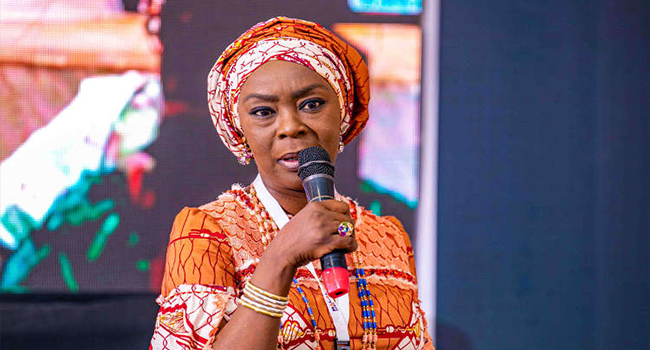
In this regard, SERAP called on the Acting President, Professor Yemi Osinbajo, “to urgently and proactively pursue the establishment of a UN-backed International Commission Against Corruption and Impunity to assist our criminal justice system to effectively and efficiently investigate and prosecute high-level corruption cases in the country, like it happened in Guatemala, for example”.
“This government needs help in its fight against corruption, and strong leadership is now needed to urgently design a complementary and supportive plan,” SERAP added in a statement by its Deputy Director, Mr Timothy Adewale.
It said the verdict of the CCT meant that such and intervention had become imperative in order for President Muhammadu Buhari to win his anti-corruption war.
SERAP also called on the Attorney General of the Federation and Minister of Justice, Mr Abubakar Malami, to urgently take over the prosecution of Saraki and appeal the CCT verdict, which it said “sends a damaging message”.
Explaining further, it said, “The acquittal of Mr Saraki has exposed deep flaws in the country’s legal framework against corruption, and seriously weakened any notion of accountability of high-ranking public officials accused of corruption.”
According to SERAP, a UN-backed commission will help to improve Nigeria’s criminal justice system in the short, medium and long terms so that it will be better able to prosecute complex grand corruption cases.
“It would also meet the longstanding and legitimate demands of the Nigerian people for vigorous and meaningful action against corrupt leaders, past or present,” it added.




